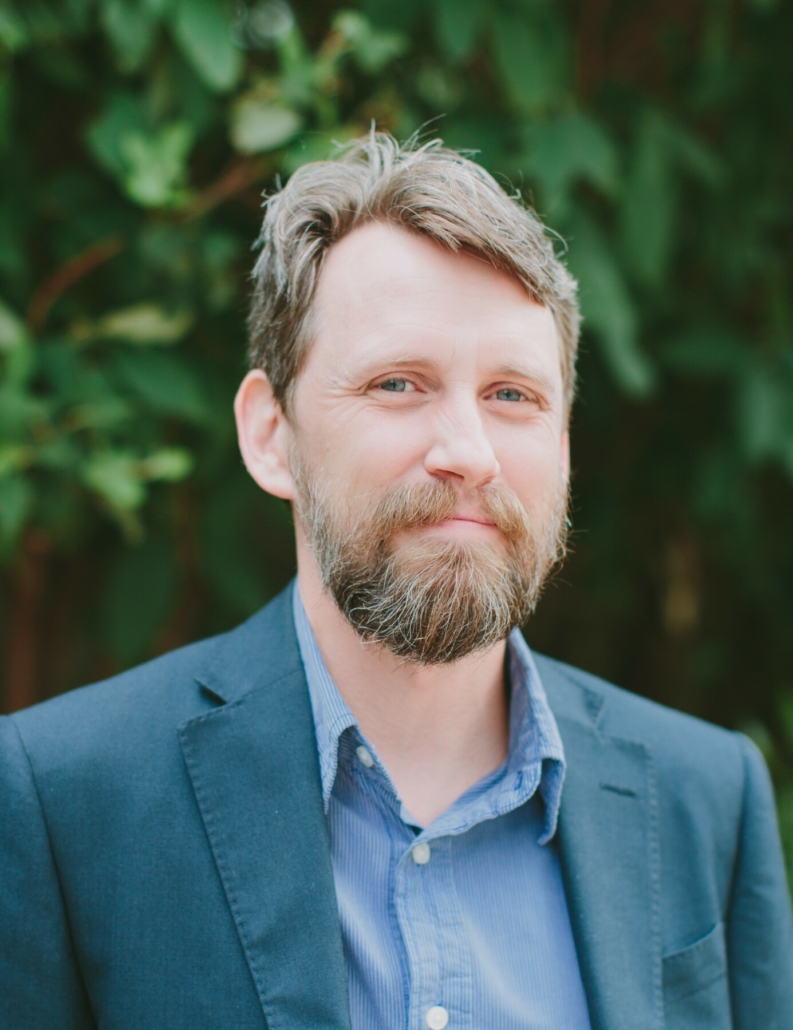
My name is Eddie Burkhalter and I’m excited to join Alabama Appleseed as a researcher. I’ve long been an admirer of the work done here, and I’m humbled to be a part of this team.
I grew up in Georgia, and lived in the Kennesaw and Marietta area for most of my time there. I moved to Alabama in 2001 and started college later in life, graduating from Jacksonville State University with a bachelor’s degree in integrated studies.
While in college I took an interest in writing, and eventually landed a job at a local weekly newspaper. I quickly fell in love with journalism, and worked my way up to the company’s daily, The Anniston Star, where I spent almost a decade covering nearly every beat, from school boards and county commissions, to homicides, the trials that ensued and the deadly tornadoes that too often tear homes and lives apart. The job connected me to my community in ways that no other job had, and it also meant that I was responsible to that community.
Over the 13 years I spent reporting, later at Alabama Political Reporter, where I covered state politics, COVID-19 and Alabama’s criminal justice system, I strove to get the best information to the public so that people could make better choices. I always aimed to be transparent and accountable to my readers, and tried daily to hold the powerful to account.
It was during my time at Alabama Political Reporter that I took an interest in Alabama’s broken prisons, and what state officials were doing, and weren’t, to address them. I spoke to families who’d lost loved ones to violence and drugs inside our prisons. I poured over records and tried to bring transparency to a system that fought it. When state officials revived a plan to build new prisons, I worked to learn more than was being told.
When COVID hit, it was clear that Alabama’s overpopulated prisons, where many people sleep in dorms an arm’s length from others, would get hit hard, and they were. I covered the death of Colony Wilson, who collapsed in a stairwell at the Birmingham Women’s Community Based Facility and Community Work Center and died while staff delayed giving her aid. She was never tested for COVID, despite having symptoms.
I also looked closely at Alabama’s harsh sentencing laws, including the state’s Habitual Felony offender Act, which fills the state’s overpopulated prisons and falls hardest on people of color.
In covering prisons, I found the work being done at Alabama Appleseed, which successfully freed six men who would otherwise have died in prison, sentenced under the Habitual Felony Offender Act. Appleseed’s mission of fighting economic injustice, mass incarceration and its work to hold the government accountable are near to my heart, so when the chance came for me to join Appleseed as a researcher, I jumped at it.
I look forward to working with my new colleagues as we all work to positively impact the lives of people who are too often underserved and overlooked in our state.




Leave a Reply
Want to join the discussion?Feel free to contribute!